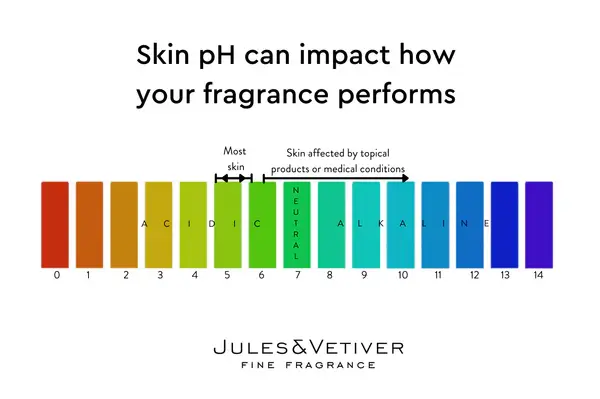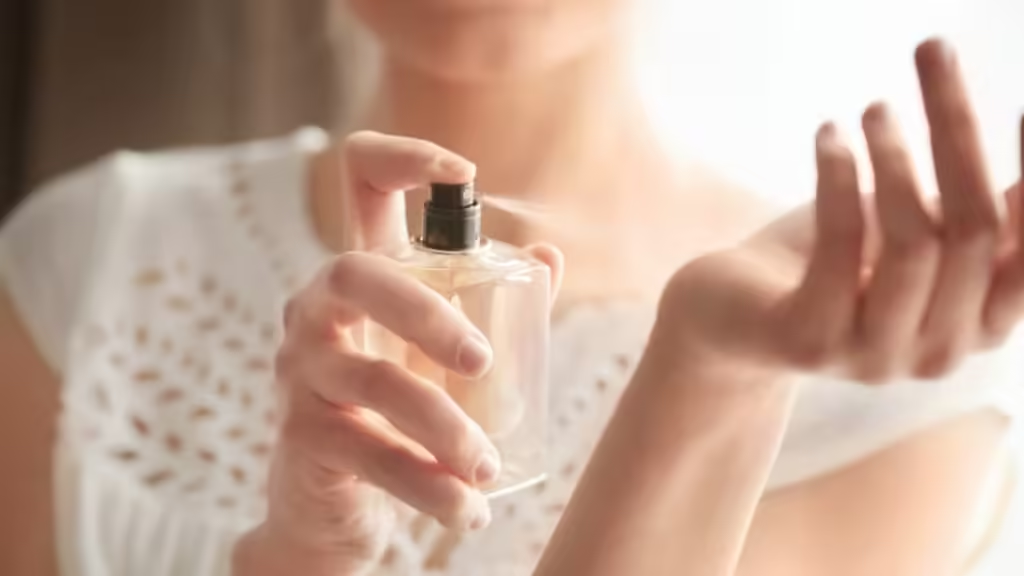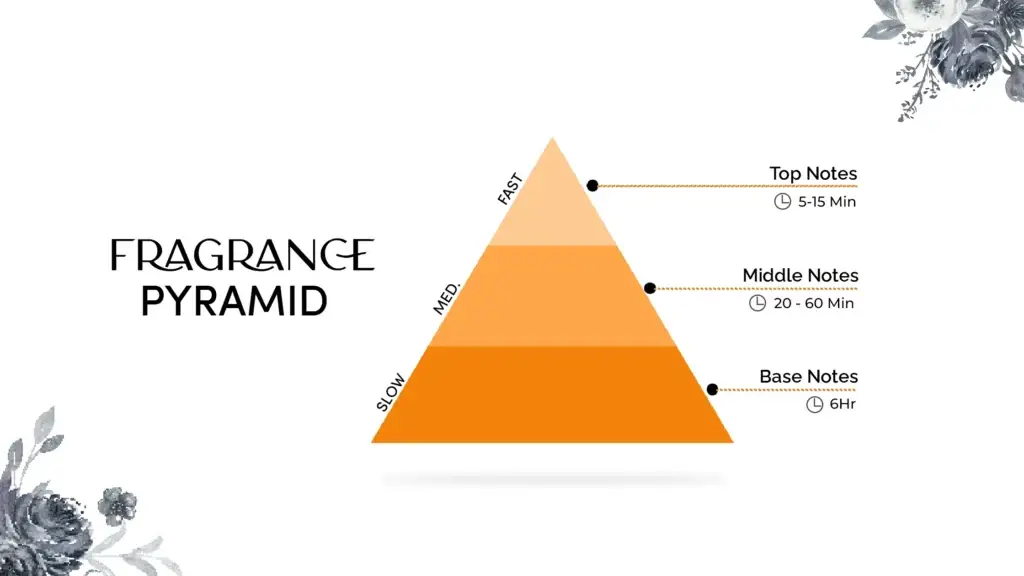Have you ever fallen in love with a fragrance after smelling it on someone else, only to try it on yourself and find it smells completely different? Don’t worry—you’re not imagining things. Fragrance is deeply personal, and how it interacts with each person’s body chemistry can create unique results. Understanding why this happens can help you navigate the world of scents with more confidence and maybe even help you find your signature fragrance.
The Science Behind Fragrance and Body Chemistry
At the heart of why fragrances smell different on everyone is body chemistry. Your skin is unique, and factors such as your natural oils, pH levels, and body temperature all play a role in how a scent develops.

- Skin’s Natural Oils: Your skin’s natural oils act as a base for the fragrance. Oily skin tends to amplify and hold onto scents longer, while dry skin may cause fragrances to fade more quickly.
- pH Levels: The acidity or alkalinity of your skin can influence the way certain notes are perceived. For example, a scent might smell sweeter on one person but muskier on another, depending on their skin’s pH.
- Body Temperature: Higher body temperatures can intensify certain notes, making a fragrance smell stronger or more vibrant.
Factors That Influence How a Fragrance Smells on You
Beyond body chemistry, several external factors contribute to how a fragrance smells on your skin:

- Diet: Believe it or not, what you eat can affect your scent. Spicy foods, garlic, and onions can change the way your body emits natural odors, which can mix with your perfume.
- Hormones: Hormonal changes, such as those caused by stress, pregnancy, or menstrual cycles, can impact your body’s natural scent and how a fragrance interacts with your skin.
- Hydration Levels: Well-hydrated skin tends to hold onto fragrances better, while dehydrated skin may make them fade quickly.
- Lifestyle: Smoking, alcohol consumption, and even exercise can alter your skin’s chemistry and, consequently, the way a fragrance smells on you.
The Journey of a Fragrance on Your Skin
Every fragrance is composed of three layers: top notes, heart notes, and base notes. As the perfume interacts with your skin, it goes through different stages:

- Top Notes: These are the first scents you smell when you apply the fragrance. They’re usually light and fleeting, lasting about 15-30 minutes. Examples include citrus, herbs, and light florals.
- Heart Notes: Often referred to as the “heart” of the fragrance, these notes emerge after the top notes evaporate. They’re fuller and more robust, lasting several hours. Common heart notes include rose, jasmine, and spices.
- Base Notes: The base notes are the foundation of the fragrance. These are rich, deep scents like sandalwood, vanilla, and musk, and they can linger on your skin for hours or even days.
The way these layers unfold on your skin is unique to you, influenced by all the factors mentioned above.
Why Does Fragrance Smell Amazing on Others but Not on You?

One of the most common frustrations is loving a scent on someone else but not on yourself. Here’s why that happens:
- Body Chemistry Differences: No two people have the same body chemistry. A fragrance that blends harmoniously with someone else’s natural scent might clash with yours.
- Application Techniques: The way a person applies perfume—whether they spray it on their clothes or directly on their skin—can also impact the way it smells.
- Perception: Scent is subjective, and what smells good to one person might not appeal to another. Additionally, fragrances can smell different depending on the environment, such as humidity or temperature.
Tips for Finding the Perfect Fragrance
Now that you understand why fragrances smell different on everyone, here are some tips to help you find one that works for you:
- Test Before You Buy: Always test a fragrance on your skin before purchasing. Spritz it on your wrist and let it sit for at least 30 minutes to experience how it develops.
- Consider Your Skin Type: If you have dry skin, try moisturizing before applying perfume to help the scent last longer. Fragrance oils or creams can also be a great alternative.
- Be Patient: Don’t judge a fragrance solely on its top notes. Allow the heart and base notes to emerge before deciding.
- Ask for Samples: Many perfume counters offer samples that you can take home and test over several days.
- Trust Your Instincts: Choose a fragrance that makes you feel confident and happy. At the end of the day, it’s all about how you feel wearing it.
Embracing the Uniqueness of Your Scent
Instead of being frustrated that a fragrance smells different on you, embrace it! This uniqueness is what makes perfume so personal and special. The way a scent interacts with your skin creates a signature that’s entirely yours.
Human Tip: Think of your fragrance as an extension of your personality. Just as no two people are alike, no two scents are exactly the same on different individuals.
Fragrance and Mood: A Personal Connection
Fragrance has the power to evoke memories and emotions. When you find a scent that works with your body chemistry, it can enhance your mood and create a lasting impression. Whether it’s a comforting vanilla, an energizing citrus, or a sensual musk, the right fragrance can make you feel like the best version of yourself.
Final Thoughts
The way a fragrance smells on you is a beautiful interplay of science, art, and individuality. From body chemistry to lifestyle factors, so many elements come together to create your unique scent profile. Instead of comparing how a fragrance smells on you versus someone else, celebrate the differences. After all, no one else in the world smells exactly like you.
So, the next time you try on a fragrance, take your time. Let it evolve on your skin, and enjoy the journey of discovering a scent that’s truly yours. Because fragrance isn’t just about smelling good—it’s about feeling good, too.
